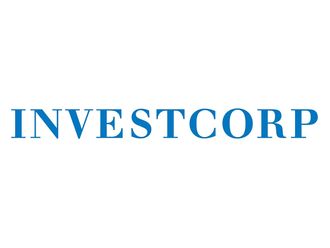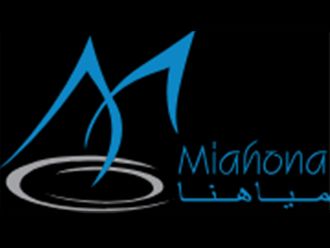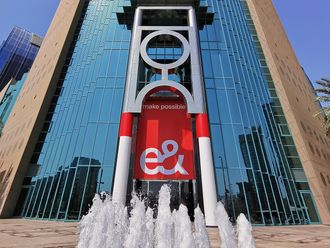Dubai: Trading activity has slowed to a trickle on UAE bourses as traders are busy chasing attractive returns in Saudi Arabia.
Traded value in Dubai has tumbled by 90 per cent to Dh150 million compared to Dh1.5 billion two years ago. On Saudi Arabia’s Tadawul, traded value jumped 30 per cent more than last year’s average to 4 billion Saudi riyals (Dh3.9 billion).
Most of the money came on the back of the potential inclusion on the MSCI emerging market index after the successful entry of the kingdom on the FTSE Russell gauge for emerging markets.
“The Dubai market has value in it but when you stack it up against others in the GCC. it does not present itself as strong contender in the region. The interest is mainly in Saudi Arabia and Egypt. That’s creating less interest in the UAE markets for time being,” Salah Shamma, Head of Investment-Mena Equities at Franklin Templeton Investments Middle East, told Gulf News.
Dubai index, which started declining from January 18, shed 12 per cent of its value till date, and Saudi Arabia’s Tadawul index has gained 5.59 per cent during the same period.
$2b What foreigners have bought in Saudi stock |
Analysts say that money that was supposed to flow into UAE bourses, found its way to Saudi Arabia’s equities due to a compelling fundamental story there.
Foreigners have also been buying into Saudi equities. They have been net buyers for the first three months of the year and have bought more than $2 billion (Dh7.34 billion) in stocks, reversing the selling that took place in the last quarter of 2017.
“Strength in Saudi Arabia is clearly also driven by investor positioning for the likely inclusion of the market in Global Indices MSCI — that are benchmarks for asset managers managing trillions of dollars,” Vrajesh Bhandari, portfolio manager with Al Mal Capital said.
Asset managers expect a weightage of more than 2 per cent on the MSCI emerging market index expecting an inflow of tens of billions of dollars in passive funds.
- Vrajesh Bhandari | Al Mal Capital
Aramco effect
According to Franklin Templeton, Saudi Arabia’s equities may see an inflow of $50 billion (Dh183.50 billion) in new funds, about 25 per cent of the free float.
Addition of Aramco after the Initial Public Offering will lead to another $20-30 billion coming in the market. In all, Franklin Templeton expects the Mena region to have a meaningful representation on the MSCI emerging market index to 6.44 per cent from the current 1.35 per cent on the back of the Saudi’s inclusion in the index, the primary offering of Aramco along with Kuwait’s inclusion in the index.
This will compare with 3.3 per cent representation of Russia on the index, and 6.81 per cent of Brazil.
- Salah Shamma | Franklin Templeton Investments
Positioning
Traders are positioning themselves in the bluechips which are likely to be added to the MSCI emerging market gauge.
“The ‘trade’ is very much in play as we see heavy flows in large cap stocks such as Al Rajhi Bank. Institutional investors are also doing their homework and selectively picking stocks in insurance and health care, and avoiding the consumer sector which would be negatively impacted by the pressure on consumer spending,” Bhandari said.
Among other stocks, traders are also positioning themselves in National Commercial Bank, Saudi Basic Industries and Alinma Bank.












